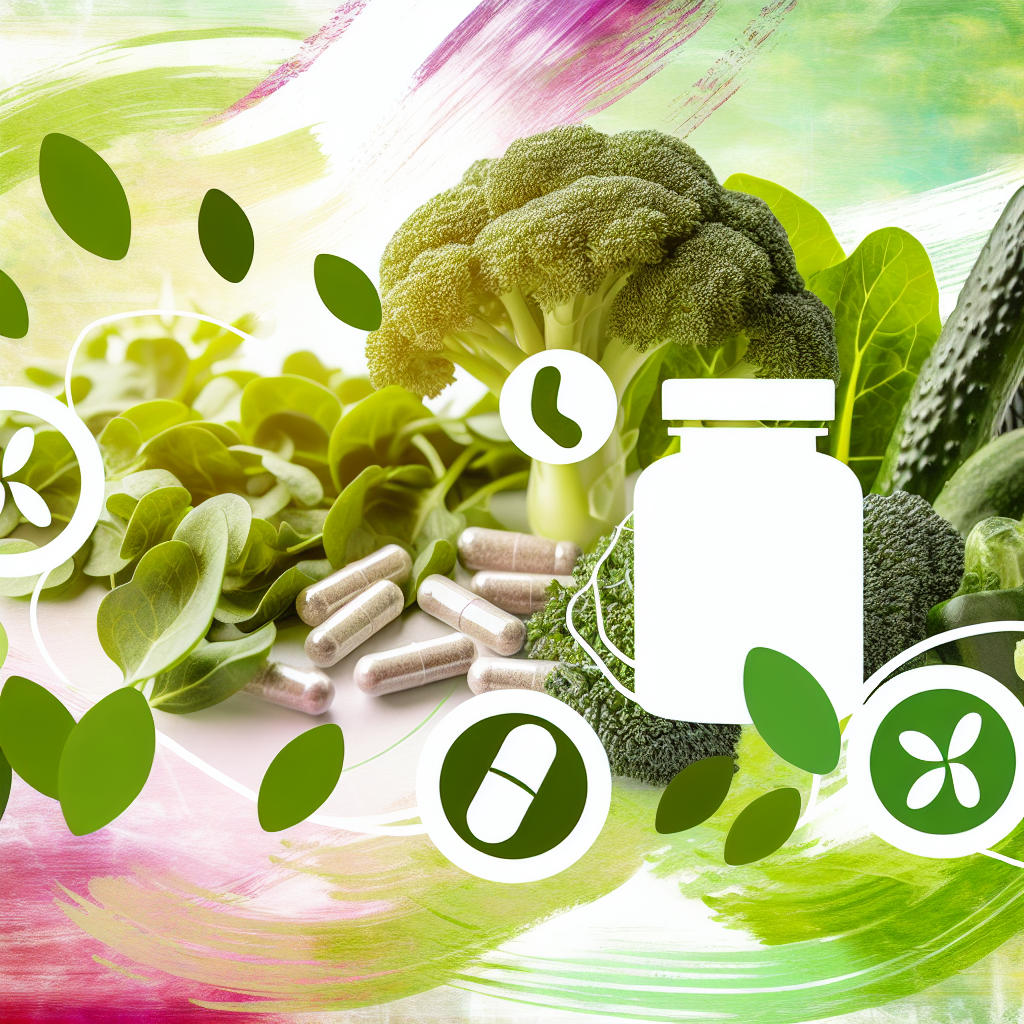When it comes to essential nutrients, Vitamin K2 might not top most people’s lists—but it absolutely should. This overlooked vitamin plays a vital role in supporting bone strength, heart health, and even dental wellness. Surprisingly, despite its importance, Vitamin K2 remains largely unknown to the average person. If you’ve been wondering how this nutrient can elevate your health, this article will unpack its benefits, symptoms of deficiency, top food sources, and supplementation tips.
What Is Vitamin K2, and Why Does Your Body Need It?
Vitamin K2 is like the traffic controller for calcium, guiding it to the right places—such as bones and teeth—while keeping it away from areas where it can be harmful, like your arteries. It’s part of the Vitamin K family, but it works differently than Vitamin K1, which is primarily involved in blood clotting.
In particular, Vitamin K2 activates proteins that regulate calcium metabolism. Without K2, calcium can accumulate in undesirable areas, potentially leading to weak bones or arterial calcification. There are two common forms of Vitamin K2: MK-4, found in animal products, and MK-7, abundant in fermented foods like natto. Both forms bring unique benefits to the table!
Key Health Benefits of Vitamin K2
Strengthens Your Bones and Prevents Fractures
If you’re worried about your bones, adding Vitamin K2 to your diet is a smart move. It activates a protein called osteocalcin, which essentially “locks” calcium into your bones, improving density and reducing the risk of fractures. Multiple studies suggest that Vitamin K2 can help prevent osteoporosis, a condition that affects millions of people—especially older adults.
Whether you’re trying to safeguard your mobility or protect against future bone issues, Vitamin K2 provides a vital defense against fragility.
Protects Your Heart and Arteries
Calcium buildup in your arteries is a silent threat to heart health, often leading to cardiovascular problems. Thankfully, Vitamin K2 helps prevent this by activating matrix Gla-protein (MGP), which clears calcium out of arterial tissue and keeps your blood vessels flexible.
Research has shown that individuals who consume adequate amounts of Vitamin K2 are less likely to develop heart disease. It’s a simple yet impactful way to give your heart some extra love.
Improves Dental Health
Vitamin K2 also works wonders for your teeth. By activating osteocalcin, it promotes remineralization, strengthening your enamel and reducing the risk of cavities. Pairing Vitamin K2 with calcium and phosphorus can keep your teeth in top shape and may even mean fewer trips to the dentist!
Foods like grass-fed cheese are excellent sources of Vitamin K2 for dental health, making them a delicious addition to your diet.
Offers Additional Wellness Benefits
Vitamin K2’s benefits don’t stop at bones, heart health, and dental strength. Emerging research suggests that it may also help:
- Maintain youthful skin: By improving elasticity and reducing fine lines.
- Support brain health: Possibly reducing the risk of neurodegenerative conditions like Alzheimer’s disease.
- Lower inflammation: Chronic inflammation, linked to many illnesses, might be alleviated through K2’s anti-inflammatory properties.
While these areas need further exploration, the early findings are encouraging!
Signs You Might Be Deficient in Vitamin K2
Vitamin K2 deficiency isn’t always easy to spot, but it can lead to major health problems over time. Here are a few signs that your levels might be too low:
- Weak bones or frequent fractures.
- Calcium buildup in arteries, leading to stiff or clogged blood vessels.
- Bruising or slow wound healing.
People who follow a low-animal-product diet or suffer from gastrointestinal disorders (like Crohn’s disease) may be at higher risk for deficiency. If any of these symptoms sound familiar, talk to your doctor about testing and treatment options.
Natural Sources of Vitamin K2
The best way to increase your Vitamin K2 intake is through nutritious foods. Here are some of the richest dietary sources of K2:
- Fermented foods: Natto, kimchi, and sauerkraut are high in MK-7, making them excellent choices.
- Grass-fed animal products: Cheese, butter, and organ meats from grass-fed cows provide plenty of MK-4.
- Egg yolks: Another animal-derived food rich in K2.
- Fatty fish: Salmon and mackerel contain small but useful amounts of K2.
If you want an easy way to incorporate Vitamin K2 into your meals, start with grass-fed cheese—an indulgent yet nutrient-packed option. Alternatively, adding a spoonful of fermented foods to your plate can bring both flavor and health benefits.
Should You Consider Vitamin K2 Supplements?
For some, supplements are a convenient way to ensure adequate Vitamin K2 intake. There are two common types:
- MK-4: Found in animal-based supplements, effective for bone health.
- MK-7: Plant-based and longer-lasting, ideal for cardiovascular health.
In my experience, pairing Vitamin K2 with Vitamin D3 in supplements delivers the best results. D3 enhances Vitamin K2’s ability to regulate calcium, creating a powerful combination for bone and heart health. Just be sure to consult your doctor for dosage recommendations before starting supplementation.
How Much Vitamin K2 Do You Need?
While there’s no official daily recommended intake for Vitamin K2, most experts suggest that adults aim for 100–200 micrograms (mcg) per day. Your specific needs may vary based on age, health, or existing medical conditions.
Start by incorporating Vitamin K2-rich foods into your diet and discuss supplementation with a healthcare provider if necessary. Balancing diet and supplements will ensure you’re getting what your body needs to thrive.
Your Takeaway: Optimize Your Health With Vitamin K2
Vitamin K2 may fall under the radar, but its impact on health is undeniable. From strengthening bones and preventing fractures to supporting a healthy heart and beautiful teeth, this nutrient deserves a place in your wellness toolkit.
By adding Vitamin K2-rich foods—such as grass-fed dairy or fermented vegetables—to your diet, or considering supplements when necessary, you can take proactive steps toward protecting your health. It’s never too early—or too late—to give Vitamin K2 the attention it deserves.
